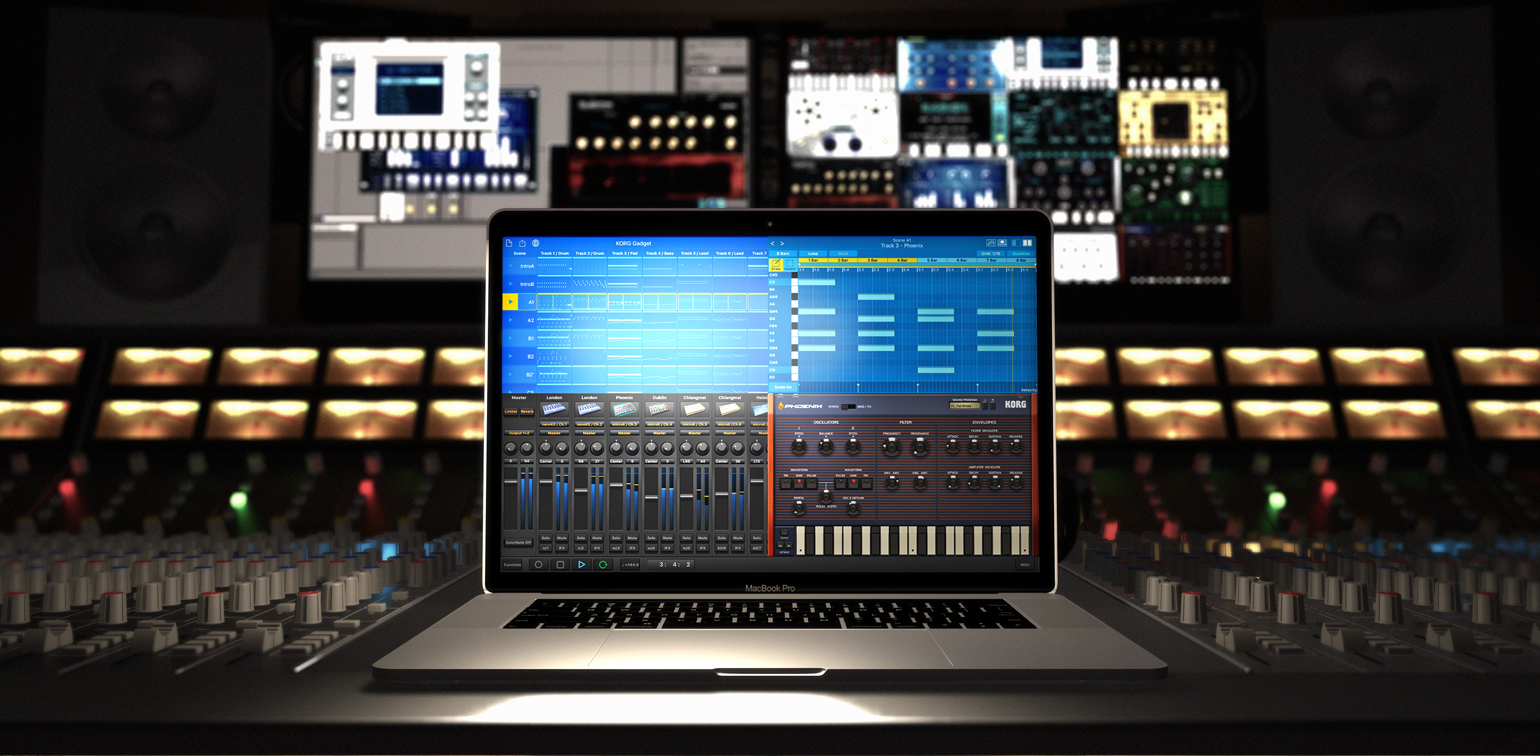

So every now and then, it make sense to clear off audio clips and effects that you’re not using, such as old vocals tracks or any samples you are not using in your track.ĭepending on the DAW you use, there is usually a way to clear unused audio clips.įor example, if you’re on Logic Pro X, go the ‘Project’ tab by clicking the ‘Browsers’ in the upper right hand corner. These items takes up space and RAM on your computer. With the experimentation you do when arranging and producing music, you’ll quickly fill up your project with unused effects, audio files, loops and tracks. Although, make sure to keep your laptop cool by placing it on a laptop cooling pad. Sure, your computer will use more energy and get hot – but you wouldn’t want to do music production a slow processing computer anyway. Then go into the advanced settings and check that you’ve set your minimum processor state to 100%. If you’re using a laptop running on Windows, go into your computer power settings and make sure that you’ve selected high-performance mode. Don’t worry, you can re-enable them as soon as you need them again. It’s worth checking it, in case you left it unchecked.įl Studio feature: If you are on Fl Studio, turn on “Smart Disable” – a feature in FL Studio that allows you to disable plugins that are not used.

Next make sure to allow multithreaded processing in your DAW, so that all of your CPU cores can work together and not leave all the work to a single core. But when you mixing, you can allow a higher buffer size as you load more plugins and effects into your project. Generally, keep the buffer size small when recording, to avoid latency. Go to audio settings and increase the buffer length/size as high as possible to allow your CPU more time to process the audio. The first thing you should do is to adjust your audio settings in your DAW. 1 – Increase buffer size & allow multithreaded processing However, if you want to squeeze out a little more life out of your computer or a little strapped for cash right now, here are 9 tips to optimize your computer for music production. That said, sometimes you’re better off simply upgrading your computer. These tips may get you a small speed boost, without having to buy a new computer.
#Mac music production mac#
In this article you will learn some tips to optimizing your Windows & Mac computer for music production. Imagine getting system dropouts everytime you hit play when composing. Working on a music production project on a slow computer can be very stressful. 9 Ways To Optimizing Windows & Mac for Music Production


 0 kommentar(er)
0 kommentar(er)
